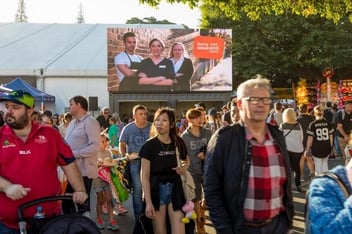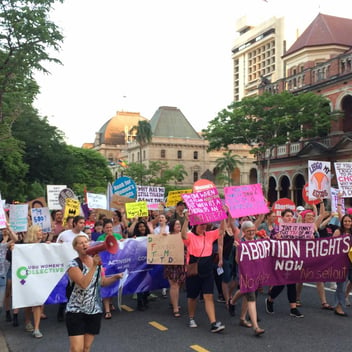QCU calls for intervention to reduce the superannuation gender gap
The continuing gender pay gap is dramatically reducing the quality of life for older single women and directly contributing to increasing homelessness for women aged over 55.
Queensland Council of Unions Assistant General Secretary Jacqueline King said International Women’s Day on 8 March was a reminder that more action was desperately needed to close the pay gap between men and women.
“Currently women on average earn 13.9 per cent less than men’s average weekly ordinary earnings,” she said.
“Nearing retirement age, this means women’s median superannuation balances are 20.5 per cent lower than for men, with four in 10 retired single women currently living in poverty,” she said.
“Many people would be shocked to learn that the fastest growing group of homeless people is older single women, particularly in regional Australia.
“We should be ashamed that a developed nation like Australia has allowed our mothers, our sisters, our friends, our retired workmates, to become trapped in the cycle of poverty.”
Ms King said the union movement had been campaigning relentlessly to change federal government superannuation policies to ensure more women had financial security in retirement.
She said unions had called for the federal government to remove the current threshold of $450 per month in wages before an employer was forced to pay the superannuation guarantee.
“Many women in part time, casual or insecure work may not reach this threshold in a month but that should not disqualify their right to a dignified retirement,” she said.
Unions are also campaigning for superannuation to be paid on parental leave benefits, because it is primarily women who stay at home and miss out on superannuation contributions while rearing children.
Additionally, she said, workers need access to a low-cost small claims tribunal to redeem any unpaid superannuation, as well as to pursue wage underpayment.
The future is brighter for younger women with many more completing Year 12 and higher qualifications, bachelor degrees and higher qualifications than men in their age brackets or above.
“However, young and older women remain concentrated in insecure forms of work where they are more likely to have lower pay, suffer job insecurity and wage theft from employers.
“On International Women’s Day we all need to focus on the devastating impact of female homelessness in our community, and how intervening now to change the system will bring some financial security for our most vulnerable.”



